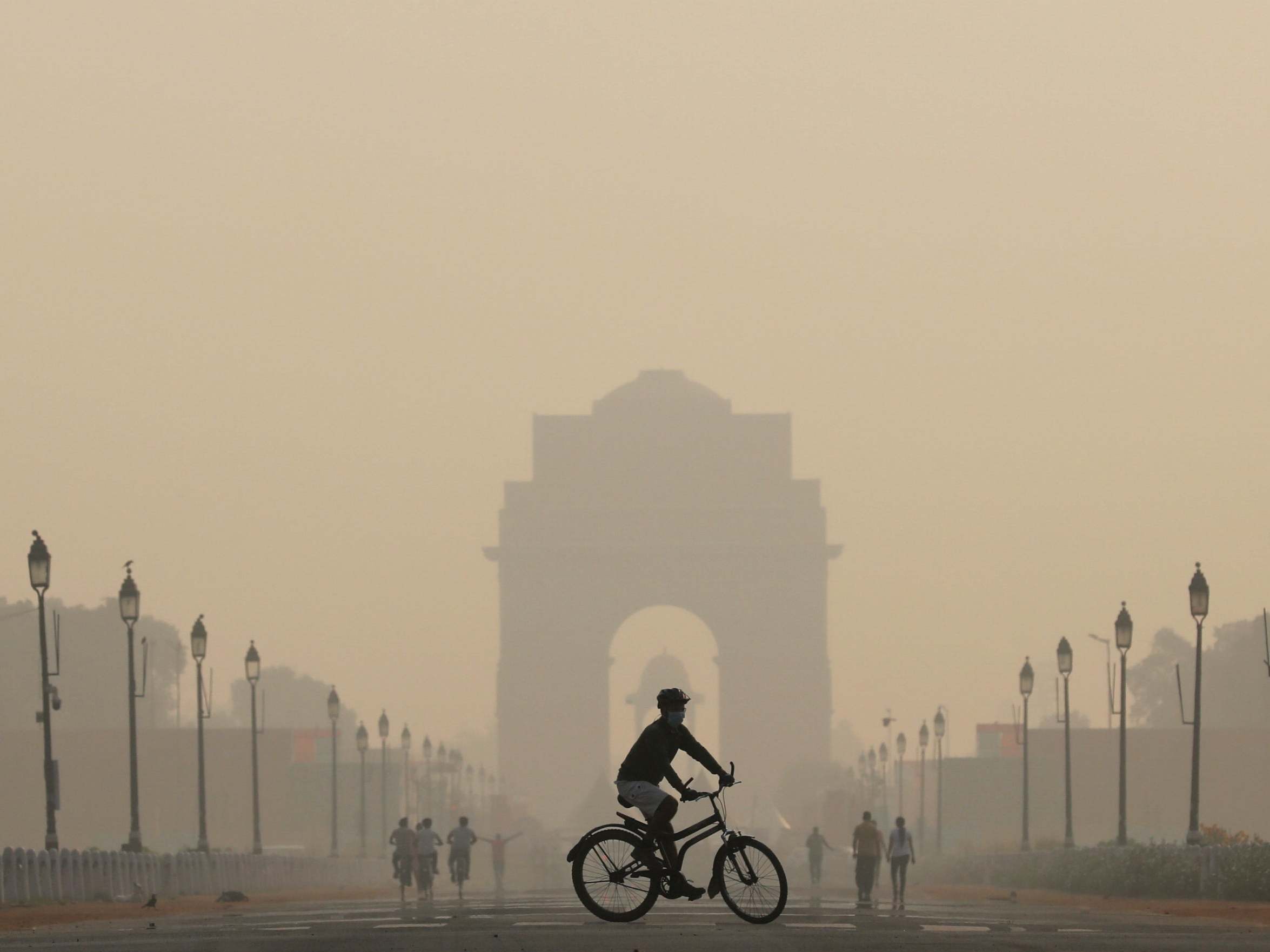Diwali fireworks are not the main culprit of air pollution in Delhi
Many foreign reporters based in India actually flee the city for the festive season, relocating to major cities outside north India like Bangalore for a breath of fresh air – literally


Delhi may have banned Diwali fireworks back in 2018, but the night sky exploded with colour once again on Sunday for the Hindu festival of lights.
The news cycle around Diwali in the Indian capital follows a now-familiar pattern – there are dire warnings about the inevitable impact on air pollution of all the fireworks, then plenty of outraged posts on social media when families invariably flout the rules.
Many foreign reporters based in India actually flee the city for the festive season, relocating to major cities outside north India like Bangalore for a breath of fresh air – literally.
Sure enough, those of us who didn’t flee woke up on Monday morning to a city smothered in haze, and reports that the air quality index for the city was peaking around 500 – well above the threshold considered hazardous even to healthy individuals.
It is easy to sit back and condemn those who choose to light fireworks, pointing to the visible spike in the deadly smog and the city streets littered with the debris of spent incendiary devices.
But the condemnation is becoming increasingly ugly and vociferous, with allegations spreading on WhatsApp groups and communities divided by calls to “name and shame” their neighbours.
We spent a firework-free Diwali at a friend’s home. Many of the best things about observing the occasion in India have nothing to do with what are here called “crackers” – we lit clay oil lamps to celebrate light’s victory over darkness, offered puja (prayers) to Laxmi, the goddess of prosperity, played games, listened to music and ate warming home-cooked food.
But in the park square outside the house, children from the neighbourhood ran amok with armfuls of rockets, sparklers, catherine wheels and other gunpowder-fuelled inventions.
In the grand scheme of polluting factors contributing to Delhi’s unacceptably bad air, even last year’s particularly high Diwali emissions registered as only a passing blip compared to the full winter season of smog.
The Indian authorities’ efforts to raise awareness of the polluting impacts of fireworks should be welcomed, but officials and the media must also do more to tackle the less obvious, more politically challenging causes of smog that include regional crop burning, construction and major industry.
Simplistic reports with an excessive focus on Diwali as the root of the pollution problem let the other offenders off the hook, and risk sparking long-term rifts between neighbours at a time that should be about celebrating communal goodwill.
Yours,
Adam Withnall
Asia editor
Join our commenting forum
Join thought-provoking conversations, follow other Independent readers and see their replies
Comments